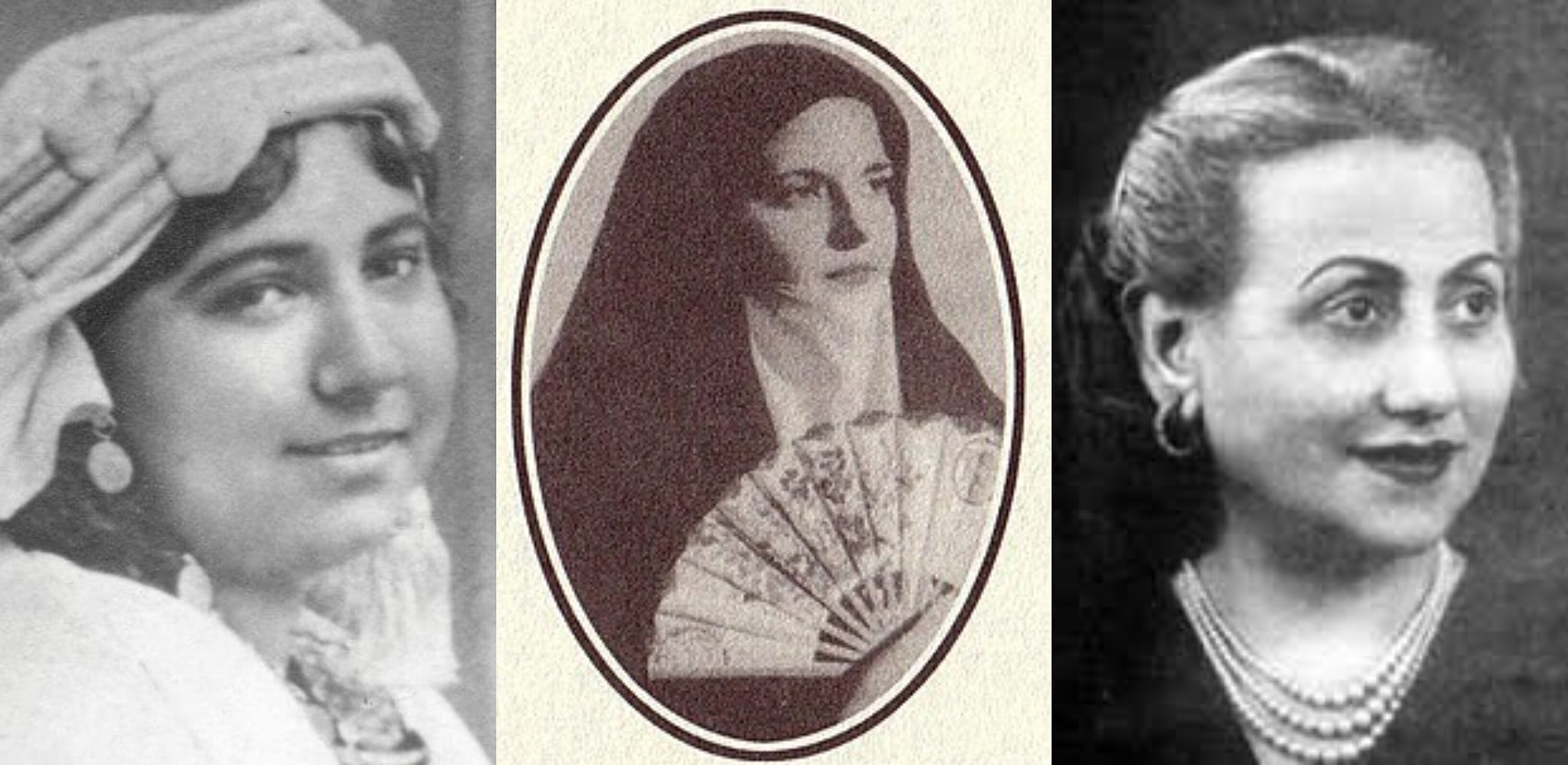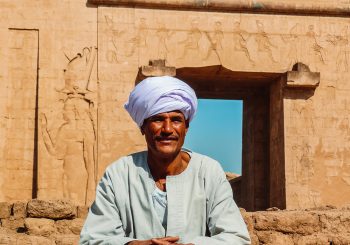As someone who aspired to become a writer from a very young age, I’ve always pondered as a child why I never studied many women writers in literature classes – so much so that, due to the little exposure I had to women voices, my writing started to adopt a masculine character, tone and voice.
‘Why are all of your characters male?’ one teacher asked me after they read a story I wrote.
I never realized it until recently as a woman in my 20s. Looking back at my writings and my favorite authors that have inspired me, I’ve realized just how little influence women writers have had on my career.
Today, as I read on the history of women writers and their careers, and how many obstacles they’ve faced to earn the recognition they rightly deserve, I came across the fact that some of them had to change their names to be published. While men enjoyed the privilege of fame and acknowledgement for their work, women writers had to hide, conceal, and bury their names and identity.
Here are a few women writers that had to use an anonymous name or a male pseudonym:
Fatma Aliye Topuz
Ottoman novelist Fatma Aliye wrote most of her early novels in secret, because she didn’t want to cause trouble for her husband or father. Her first book was a translation of Georges Ohnet’s novel Volonté from French into Turkish, which was published under her pen name “Bir Hanım” (“A Lady”).
After publishing several works under the ambiguous pen name ‘A Lady’, she decided to finally expose her identity with her first novel Muhazarat (“Useful Information”) in 1892 under her real name. She is often regarded as a feminist writer for her courage to write about controversial topics at the time, such as romance, and her independent heroines in her books that led their own life through work without relying on any man.
Malak Hifni Nasef
Malak Hifni Nasif was known by the pen name Bahithat al-Badiya “the Researcher of the Desert”. She was a pioneering Egyptian feminist and writer, and advocated against women’s discrimination in regards to issues such as divorce and polygamy. All of her writings, which included essays, newspaper articles, and speeches were collectively published in the feminist book Al-Nisa’iyyat (Women’s Issues).
She called for women to be allowed to study all fields, and work in all occupations and professions, and also called for a reform of the Muslim Personal Status Code.
Zaynab Fawwaz
Zaynab Fawwaz was a Lebanese writer and women’s rights activist, yet her writing career at the time was under the pen name Durrat al-Sharq (Pearl of the East).
Despite not mentioning her name once, Zaynab published the 552-page book, “The Book of Scattered Pearls Regarding Categories of Women”, which is a dictionary of over 400 women’s achievements and their work.
Her first novel “The Happy Ending” is often considered to be the first novel ever written by an Arab woman. The novel was known for her bravery to criticize the norms of society, and support women’s independent free will and right to make their own decisions in life.
Munira Thabet (or Mounira Thabet)
As I read Munira’s biography, I was really impressed by how fearless and powerful she was in fighting against Western imperialism. For her, it wasn’t just a social battle, but also a political battle. She wanted Egyptian women to realize that it is not the United Nations or Western ideologies that will introduce the concept of women’s rights, but to draw on their history and heritage and remember that Egyptian women had ruled in the country even before Western civilization.
Despite her fierce activism, her writings in the daily Al-Ahram were not under her name, but only with her initials. Earning recognition for her work and original ideas only came to be realized through the memoir, “A Revolution in the Ivory Tower: My Memories of Twenty Years of Struggle for Women’s Political Rights, memoir”, where she expressed her anger against society’s perceptions that women cannot be skilled writers and were incapable of serious analysis and political stories.
Nihal Yeginobali
In the 1950s, there was a novel called Young Girls that gained huge popularity in Turkey. However, no one ever knew the writer, and the only identity the author had was the pen name ‘Vincent Ewing’ – the name of an American male. People read the book for years under the impression that this unknown American man was the author, until it was revealed that it was actually Nihal Yeginobali – a young Muslim Turkish female writer and translator.
But why did she choose that name in particular? It is said that when asked why she chose to conceal her identity, she said, “There was a considerable degree of eroticism in the novel that was considered inappropriate for a young woman such as myself. So I picked a male pseudonym.”
There were so many other Arab women that hid behind anonymous masks. I wonder just how many stories, ideas and works of literature humanity lost for that simple reason, and how many women died before they saw their names on books, columns or essays.







Comments (5)
[…] كاتبات في الشرق الأوسط ينشرن بأسماء مجهولة […]
[…] interested in women’s rights, cultural heritage and fashion, and political communication.[…] ميدان العتبة: المركز التاريخي والثقافي الشهير في …© 2019 Egyptian Streets. All Rights Reserved.Subscribe to the fastest growing newsletter in […]